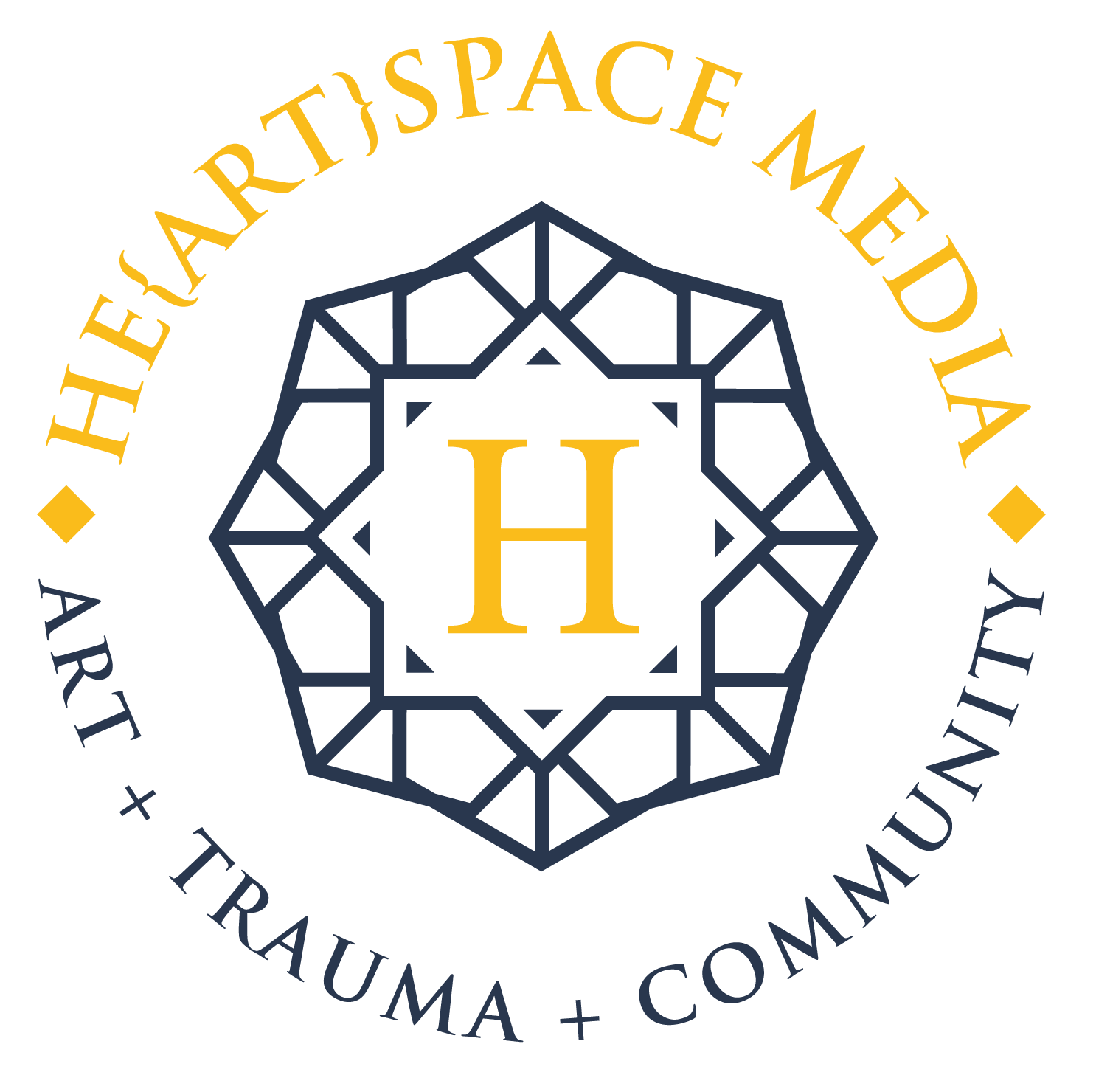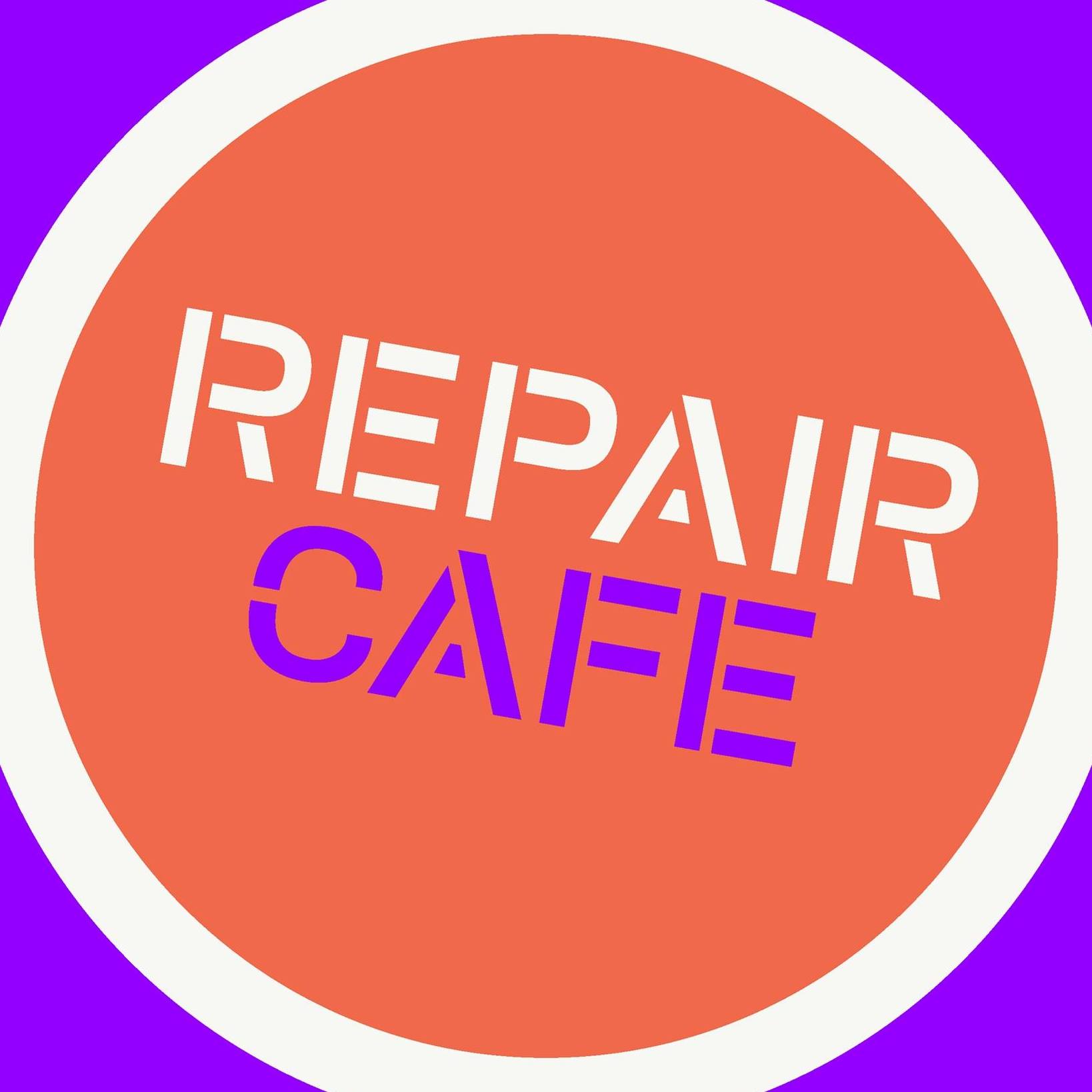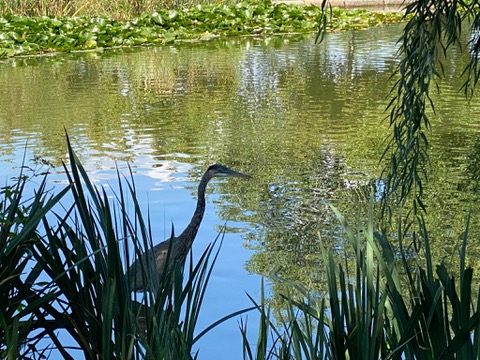Many people know of Dr. Bessel Van Der Kolk, because of his landmark book, “The Body Keeps The Score,” about how our bodies remember adverse experiences. How our actual cells remember and store the fear, sense of powerlessness, etc. of life experiences when we were threatened and could not protect ourselves. Our bodies store that information, even if we deny the impact of it or deny that an internal, psychological/emotional/physical wound exists. Until we’re able to process it — allowing it to sort of pass through — in a safe way at some point, we will react to either perceived or real threats from a(n old) place of injury.
In this video, he says that he’s never met a so-called “normal” family.
I would sum this up with the truism that, “Life is Hard.” We’ve all experienced danger, threat, death, extreme sadness at times. Life buffets us. There is also Beauty.
But since we are all whole human beings, we are both effected and affected by everything that happens to us, in every way — spiritually, emotionally, physically, relationally.
Van Der Kolk says, “Trauma is not an unusual experience. It’s extremely common.”
I would even say a part of our lives. We all are touched somehow, by substance abuse, by fighting in front of us as a child, by disease (including a worldwide pandemic that we could not control), by hopelessness, by violence. By road rage. By online anger.
“How old are these feelings?” Van Der Kolk asks.
“Most of us are survivors of one thing or another,” he asserts.
Childhood or other difficult experiences get stuck inside us. When we weren’t allowed, or given the opportunity, to for example grieve and be comforted when something painful happened to us, that created an incomplete loop. That unprocessed emotion when we’re feeling unseen or threatened might then come out instead in a flash of expletives directed at someone in the grocery store. Our bodies remember the times when we had no recourse, no ability to speak or be angry or sad, and still stay safe.
Important:
It’s a mistake to, “blame the victim,” by saying or implying that we’re weak because we’re effected and changed by these adverse experiences. Rather, we’re human if we are. If we say we’re not, we’re probably instead numbing ourselves somehow (with alcohol, with exercise, with religion, with food, with relationships, with anything really that we people use in excess and to avoid, and which numbs our awareness – these things aren’t necessarily bad in themselves), which is not the same as healing.
Also, there are not: “Those who are touched by trauma,” and “Those who are not.”
There are not, “Those who are resilient and strong and unaffected, and came from ‘good’ families,” and “Those who are weak and pitiful and needy.” We’re all human. We all get hurt. We all hurt.
Why make an hierarchy out of pain? (This could be a whole separate blog post…)
What has helped me, is to encounter others who are honestly trying to face the pain, engage with and accept the hope, surrender to the restoration.
I have experienced that when people realize that we’re in this together (but are separate and free in another way), and that there are ways to recover and thrive, also together, it can have the effect of gentle, life-giving Spring rain – falling, full of nutrients, drop by drop onto parched gardens.



